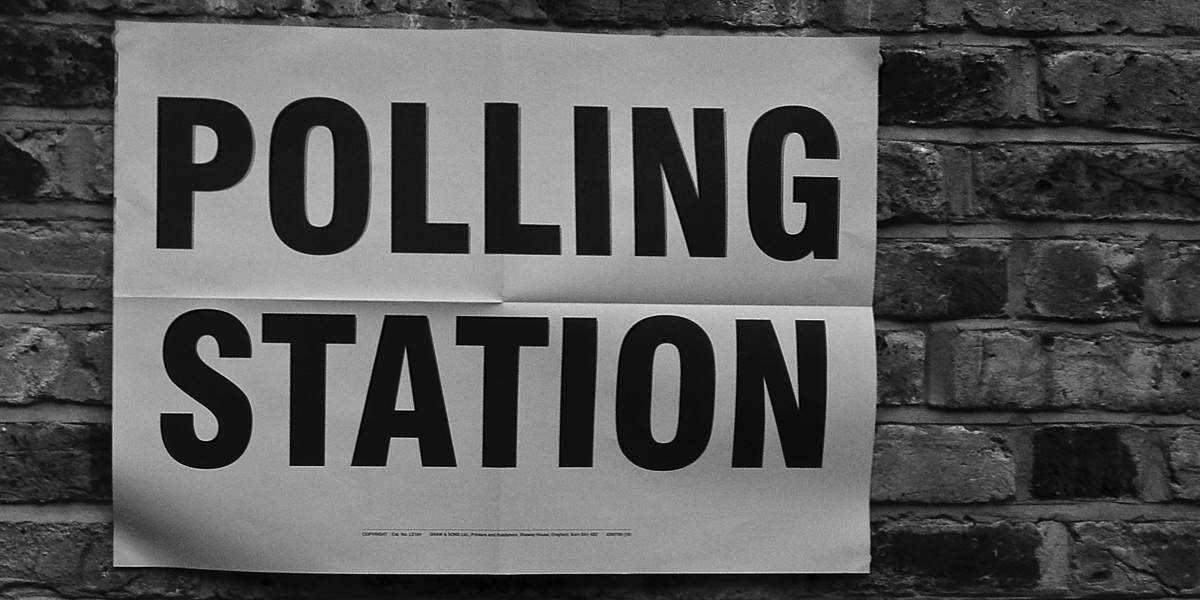Perceptions do matter
As we try to define the big public policy issues we face, there is a real danger that everyone will get so carried away with what has to be done that we will fall into the same old trap of...
As we try to define the big public policy issues we face, there is a real danger that everyone will get so carried away with what has to be done that we will fall into the same old trap of overlooking the electorate in all of this and unthinkingly come up with policies to be imposed once in office.We have to understand the scepticism and disillusionment people feel with politics and the lack of trust in politicians and MPs. In every constituency, at a local level, we need the building blocks that will restore trust in party politics. We need to demonstrate that people can trust Labour to set a new agenda, and involve all sections of society – not just party members, but business, faith groups, trade unions and single interest groups in inclusive partnerships to deliver whatever the policy goals are. However to do this we need to apply it to ourselves and get our own house in order.
We need to change perceptions that party politics is a force for change and good, not an alien concept that has nothing to do with people on the ground. We have to make those connections. Our policies won’t have resonance and legitimacy unless we address these issues. Perceptions do matter. Before we even look at specific policies on any subject matter – and I desperately want sound, robust, fit-for-purpose policies across all subject areas – our policy making has to be transparent, accountable and deliverable. It’s no use electing representatives if their actions don’t respond to commitments made.
This is not rocket science. It just needs a change in how we do politics. The best first step would be to embrace the thinking set out in the UN Secretary General’s High Level Panel on Global Sustainability. One striking aspect of this report is how we plan for long-term intergenerational policy issues when our policies, politics and institutions disproportionately reward the short term. Yes we need people to vote, to vote for our policies, but in a democracy that works we need to be able to guarantee informed public debate, frame it in the context of future generations and en list active engagement with informed citizens who will do a good job in holding their elected representatives to account at every step along the way – on policy formulation, adoption, delivery appraisal and refinement. If the Labour party can do this we will have the trust of voters to win and put our policies into place.
